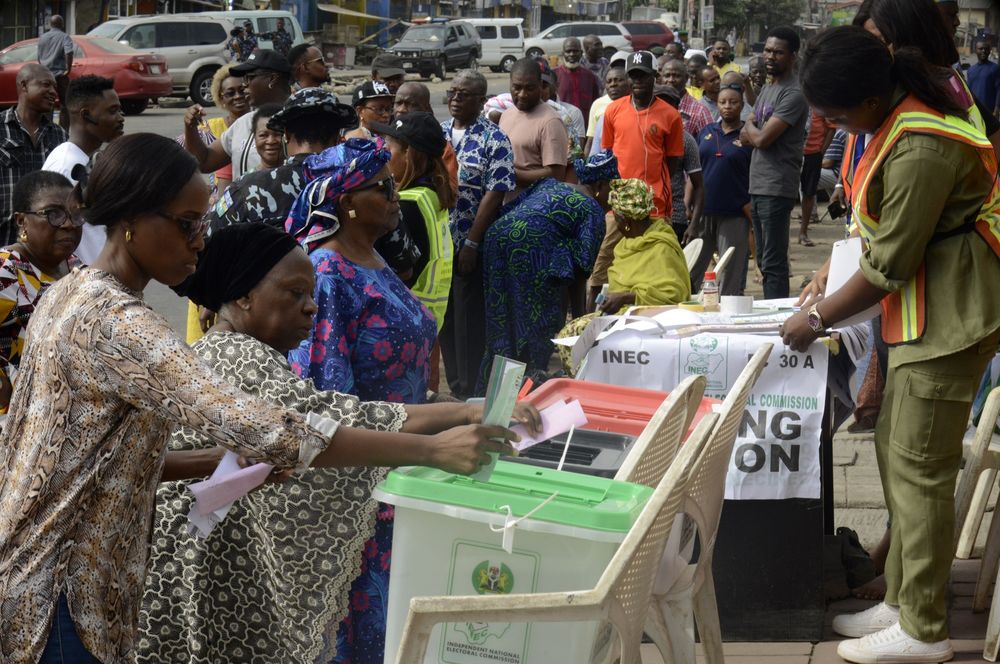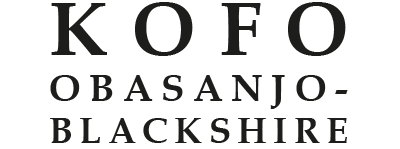It all started out so well. The predictions were for a high turnout; the youth had been engaged, particularly by Peter Obi’s campaign and were mobilised to actively participate in the biggest democratic exercise in Africa.
This was set to be a challenge to the two-party system that has dominated Nigeria’s political scene since 1999. A technology-led approach, with dual voter accreditation by fingerprint and facial recognition using Bimodal Voter Accreditation System (BVAS), coupled with immediate uploading of results from polling units directly on to the INEC Elections Results Viewing (IREV) portal should have guaranteed a higher degree of transparency. All this ought to have meant that election rigging, voter disenfranchisement and other irregularities which typified previous elections were kept at bay if not completely eradicated. There were high hopes.

The reality has sadly been very different, starting with lateness at many polling stations blamed on poor logistics, with reports of election officials arriving more than 3 hours late while voters waited to discharge their constitutional right. Voting continued into the next day in some locations.
Delays in official declaration of results, partially due to elections drifting into a second day in some parts of the country have further fuelled frustrations. In these hotly contested elections, the youth have been mobilised to take back their country and social media has played strong role in fostering transparency. Obi’s campaign in particular has targeted young people and urban voters, most of whom are fed up with persistent corruption, widespread poverty and insecurity. The flip side of a social media heavy campaign has been tweets inciting violence; premature media announcements attributing victory to one party or another, fake news and misinformation.
Viral videos of votes being counted aloud by engaged voters into the night are juxtaposed with videos of underage voters in these closely fought elections. Voters used mobile phones to monitor proceedings, providing a degree of transparency and some political parties asked their supporters to go to INEC collation centres as witnesses to protect their votes. Questionable electoral conduct among officials at some polling units have undermined confidence where they have refused to upload results. The good, the bad and the ugly have converged to test the resilience and determination of a people already burdened by insecurity, cash shortage and fuel scarcity in the lead up to elections.
Questions have been raised about the undue delays in declaring results, given that the introduction of technology solutions such as BVAS, were meant to eliminate or at least reduce fraud and introduce speed. This has prompted the political parties and voters themselves to question the motives, credibility and fairness of the process. The preparedness of the Independent National Electoral Commission (INEC) has been brought under scrutiny. The robustness of BVAS ‘stress testing’ is unsatisfactory, given its underwhelming performance in previous gubernatorial elections; in one case declared a complete failure. Furthermore, in a nation with unreliable 4G connectivity, reliance of BVAS on a sound internet infrastructure, was a massive leap of faith. INEC’s mitigation to the possibility of server failures in the course of election results transmission was to have back up BVAS . A ludicrous notion if ever there was one!
The European Union observer mission said: “INEC’s lack of efficient planning in critical stages and effective public communication reduced trust in the process, including on election day.”
So, Nigerians turned out en masse to vote at 176,846 polling units to elect a new leader. Sporadic violence, poor logistics, technological malfunction, INEC’s poor planning and sheer failure to meet expectations despite a 4-year planning period have eroded confidence in the proceedings and undermined faith in these elections. One party agent challenged the results declared at the Collation Centre which failed to match what had been recorded at their polling unit.
There are now calls not just for the elections to be recounted, but to be re-conducted. What INEC’s response will be, if it will respond at all, remains to be seen. The real question though is whether Nigerians will simply accept another 4 to 8 years of the status quo or will they decide that enough is enough?
